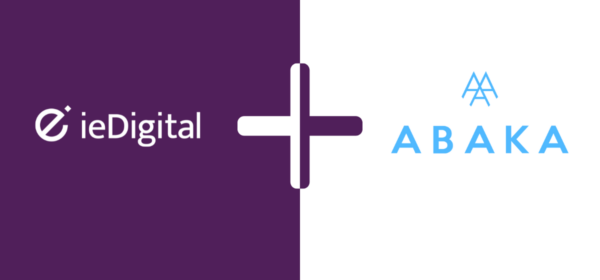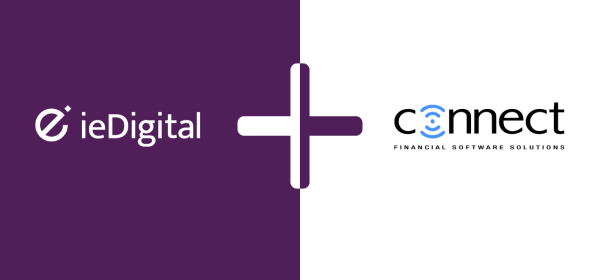BT recently released some research, surveying adults from across the UK, Spain, Hong Kong, France and Germany, to explore how these consumers view their digital banking services. The results of this survey led a few articles to conclude that the ‘vast majority of consumers’ are resistant to digital banking.
Digging deeper into the research it is clear that, despite the explosion in popularity of sites such as Facebook and Twitter, the findings do indeed show a significant lack of interest amongst consumers when it comes to engaging with their banks over social media channels. Instead, respondents listed things such as online peer review sections, webchat facilities, and ‘compare- my- bank’ type services as the best ways for financial organisations to give them better information and to help them make informed decisions.
Along with this demand for digital interaction, the research also found that respondents from every single market rated good online banking facilities, and the ability to access banking services 24 hours a day, seven days a week, as two of the most influential factors when considering moving banks.
Taking a step back, and looking at all the expectations that today’s consumer has, makes the headlines that appeared on the back of this research all the more surprising. Why? Because what are all of these services, if not fundamental aspects of digital banking?
As the headlines showed, too often the notion of ‘digital banking’ is limited to social media and mobile – a dangerous approach, given today’s increasingly channel-savvy consumer, to whom digital banking is becoming increasingly important. To talk about ‘mobile’, ‘social’, or ‘online’ banking is to make unnecessary distinctions under the umbrella term of ‘digital banking’. If these terms are considered as separate for too long they will ultimately hold banks back from providing the seamless, intuitive, ‘anytime, anywhere’ experience that customers demand. The clue is in the fact that consumers rarely talk about ‘digital banking’. They do not think in terms of ‘innovation’ or ‘a digital strategy’; they see a gradual transition to greater convenience and ease of use.
Statistics compiled by Intelligent Environments last year found that 51% of Britons confirmed that an effective digital banking service is a key driving factor in loyalty towards their bank. This figure highlights just how great a focus banks need to place on ensuring that their digital banking software meets their customers’ increasingly high expectations.
Customer loyalty is an aspect of the banking experience which will be thrown into sharp relief when the Vickers account switching regulation, due in September, comes into force. It is important to note, however, that the regulatory reform alone will not create competition in the market. But what it will do is lower the barriers to competition, opening up the playing field for providers who are able to develop a sufficiently different offering for customers to feel compelled to switch.














